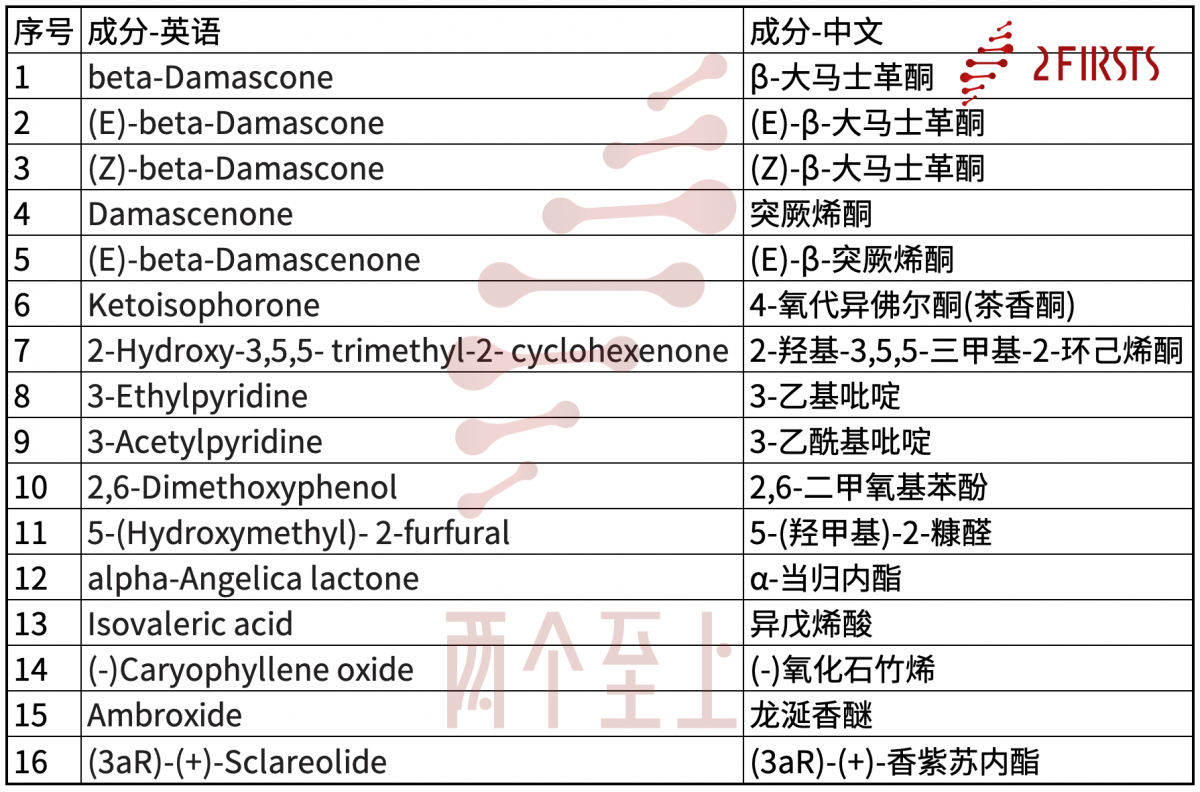According to Dutch media rtlnieuws, the Dutch government has decided to delay the implementation of the e-cigarette flavor ban again, which will come into effect on January 1, 2024. Previously, the Dutch government planned to ban all e-cigarette flavors except tobacco from October 1, 2023, which is now set three months later than originally planned.
The ever-lengthening ‘taste Ban’
The “taste ban” in the Netherlands was announced as early as 2021, when the government planned to officially start on July 1, 2022, but by June 2022, a government spokesman said there had been some trouble implementing the taste ban and additional checks were necessary to determine whether the flavoring ingredients used were truly safe.
As a result, the timeline has been pushed back to January 1, 2023, and a 10-month window (officially implemented on October 1) has been allowed for the tobacco industry to digest existing flavored tobacco products.
Too harmful to the tobacco industry
The Dutch National Institute of Public Health and the Environment (RIVM), in accordance with the requirements of the Ministry of Health, set up a list of ingredients for the only permitted tobacco-flavored e-cigarettes, and initially listed sixteen ingredients.
But now RIVM has found that the 16-ingredient list for tobacco tastes is too damaging to the interests of the tobacco industry.
A government spokesman explained that the taste ban would affect tobacco manufacturers more than previously thought, so State Secretary Maarten van Ooijen decided to give tobacco manufacturers more time, while public health figures expressed concern.

A spokesperson for RIVM explained:
“Our initial calculations concluded that about a quarter of tobacco flavors could still survive today, but a recalculation found that about 2 to 23 percent of flavors could still survive and be available to manufacturers.”
Public health professionals are concerned that the continuous delay of the “taste ban” will lead to the continued rise in the prevalence of e-cigarettes and bring a series of adverse effects.
In response, Maarten said he would rather impose a “taste ban” now:
“Because obviously these flavors are designed to attract children and young adults to use e-cigarettes.”
But he stressed it was a delay, not a cancellation:
“Based on RIVM’s additional analysis, banning flavors has a greater potential impact on manufacturers than we have so far believed.” It is my duty as a matter of good governance to deal with this.”
The Dutch government aims to achieve a smoke-free society by 2040. At the same time, the government is making every effort to reduce smoking; During the term of this government, the price of cigarettes will rise to 10 euros.









